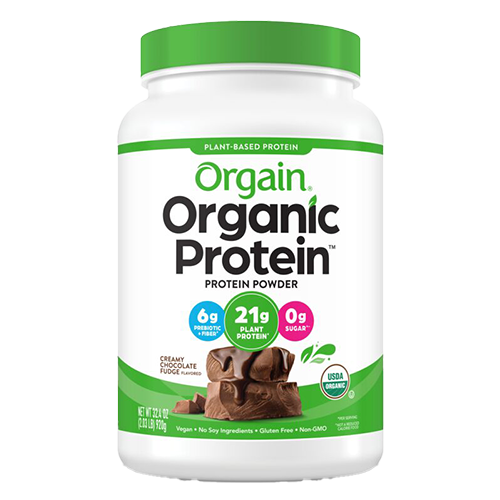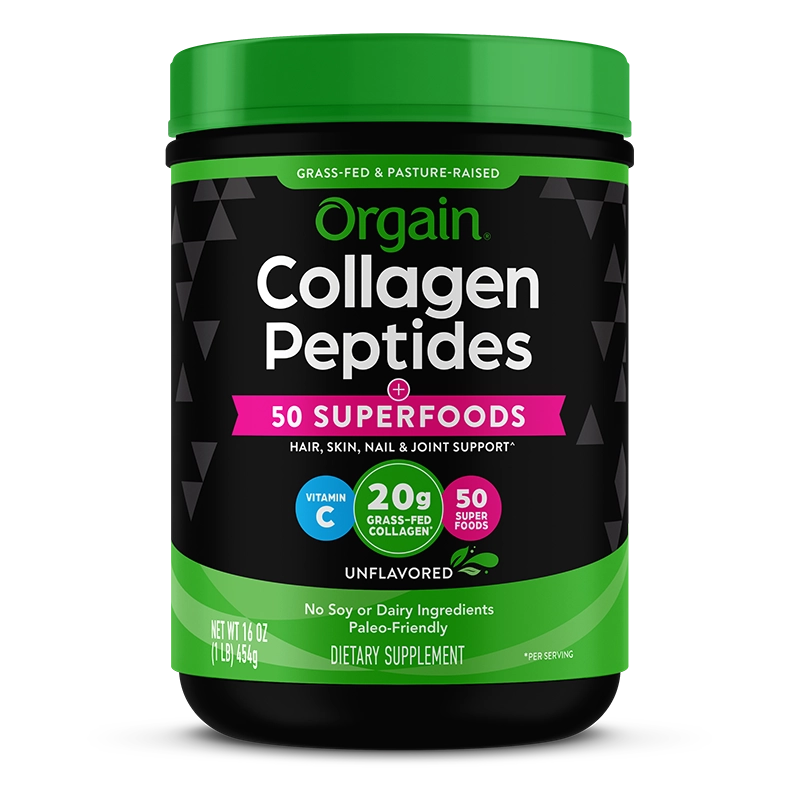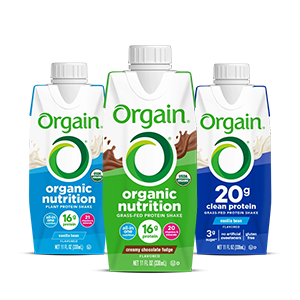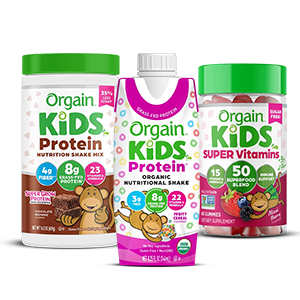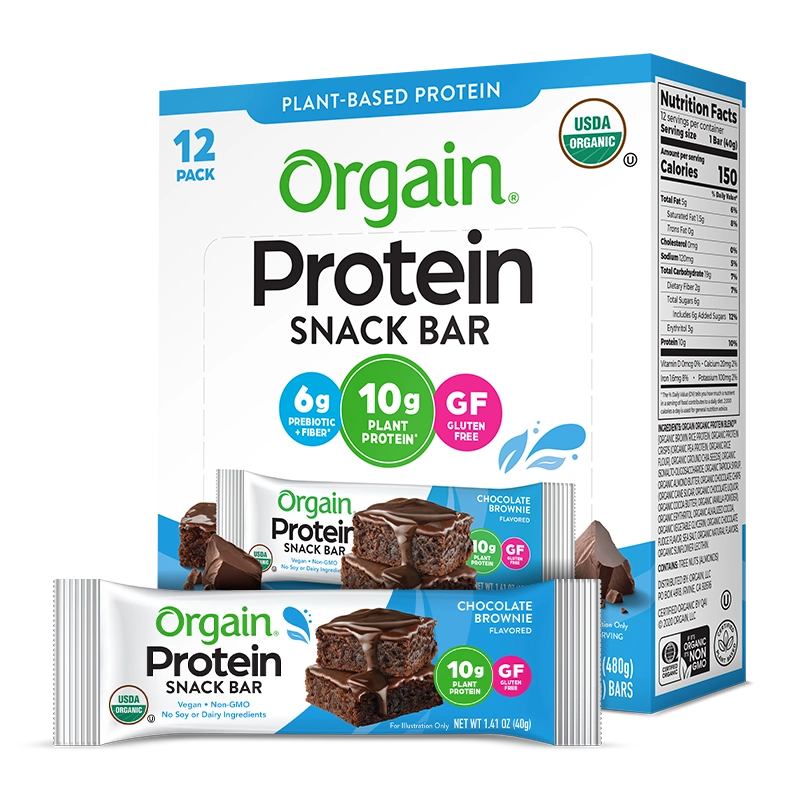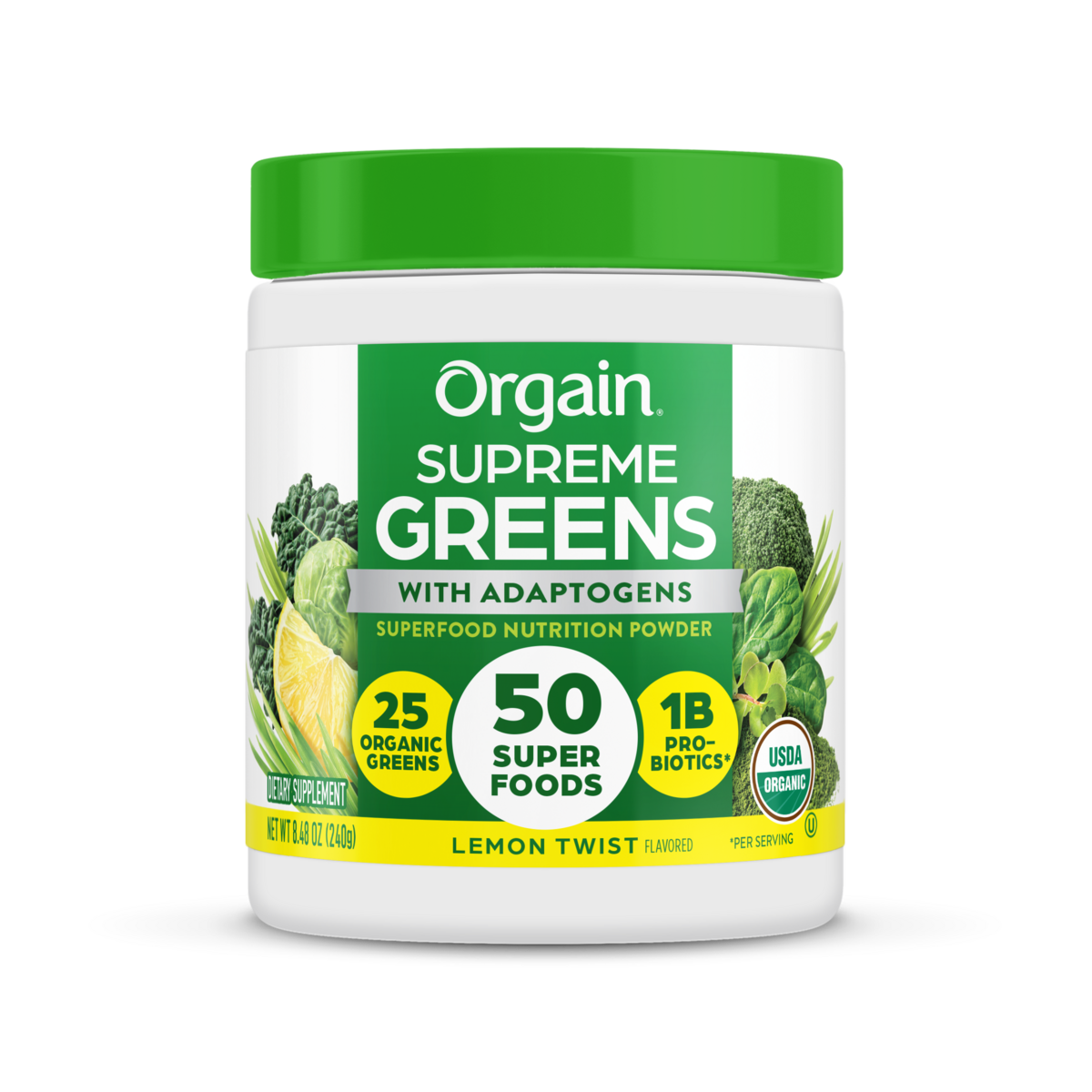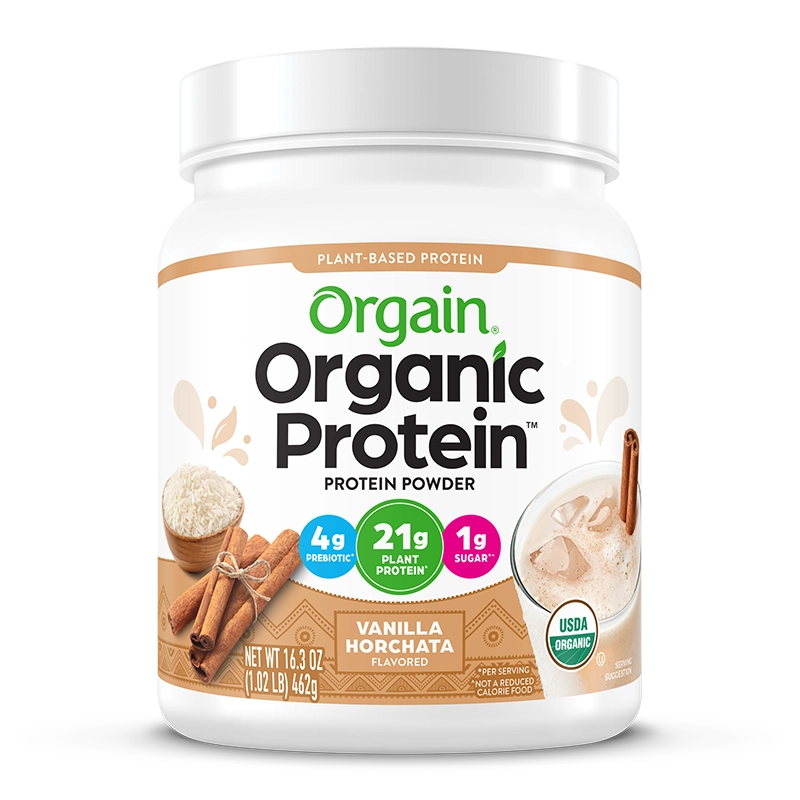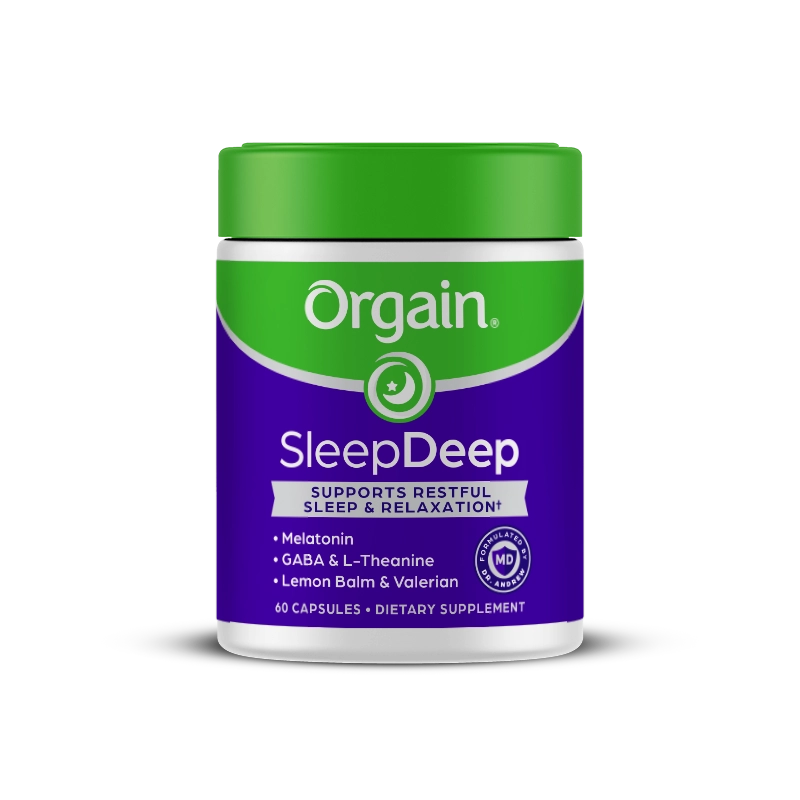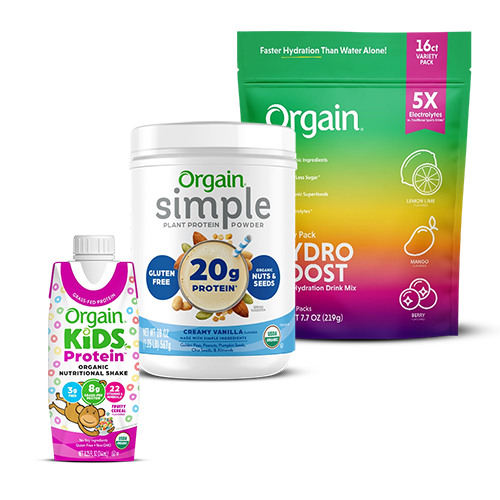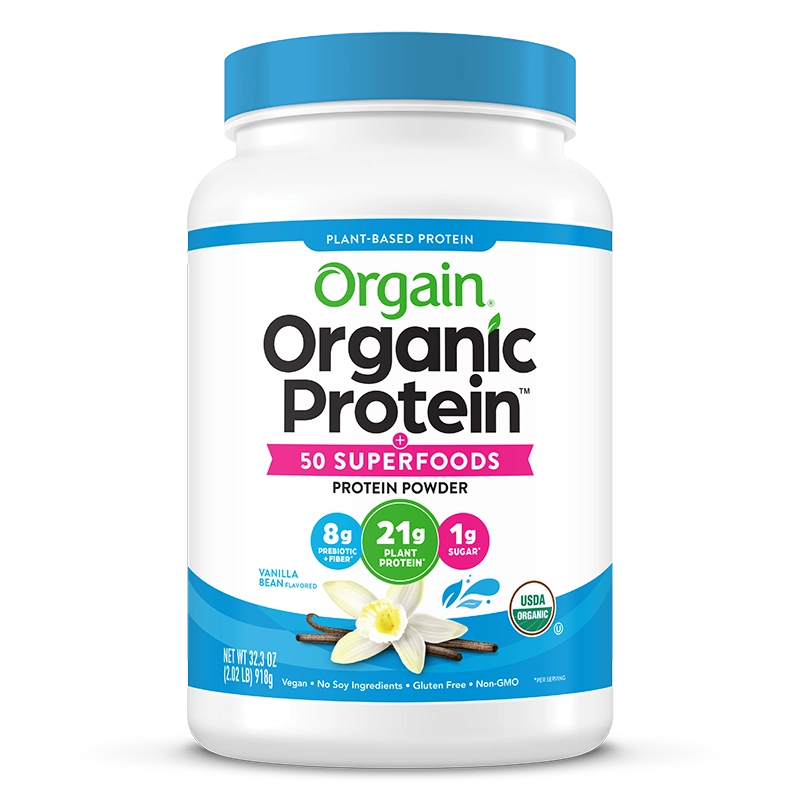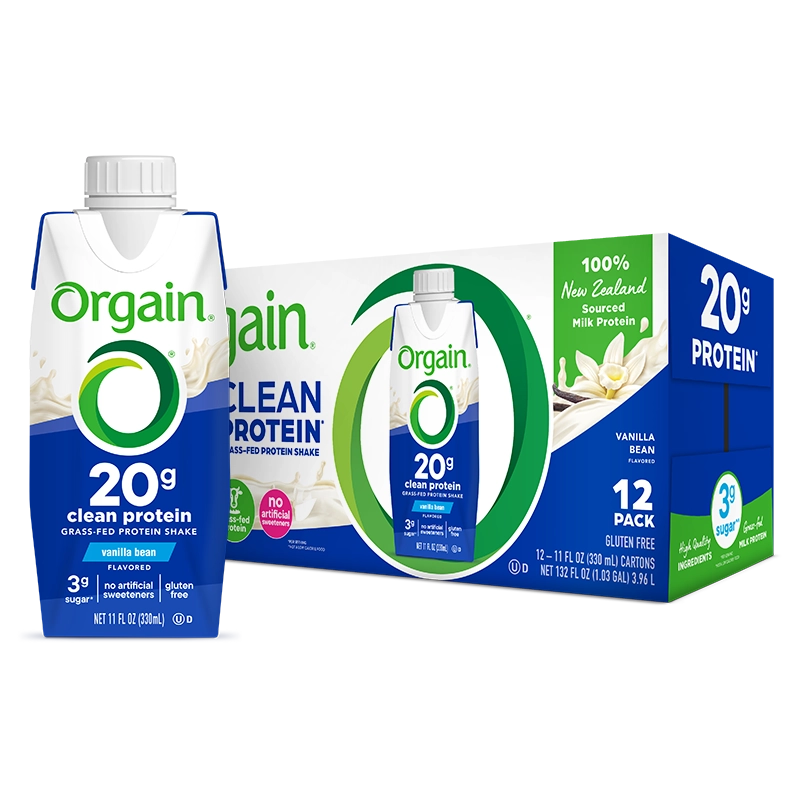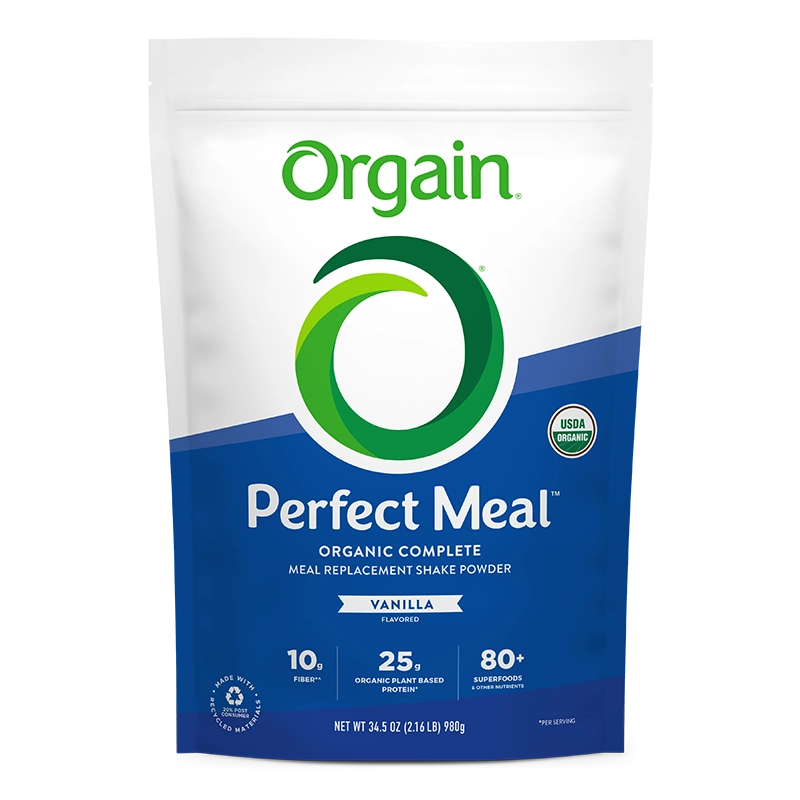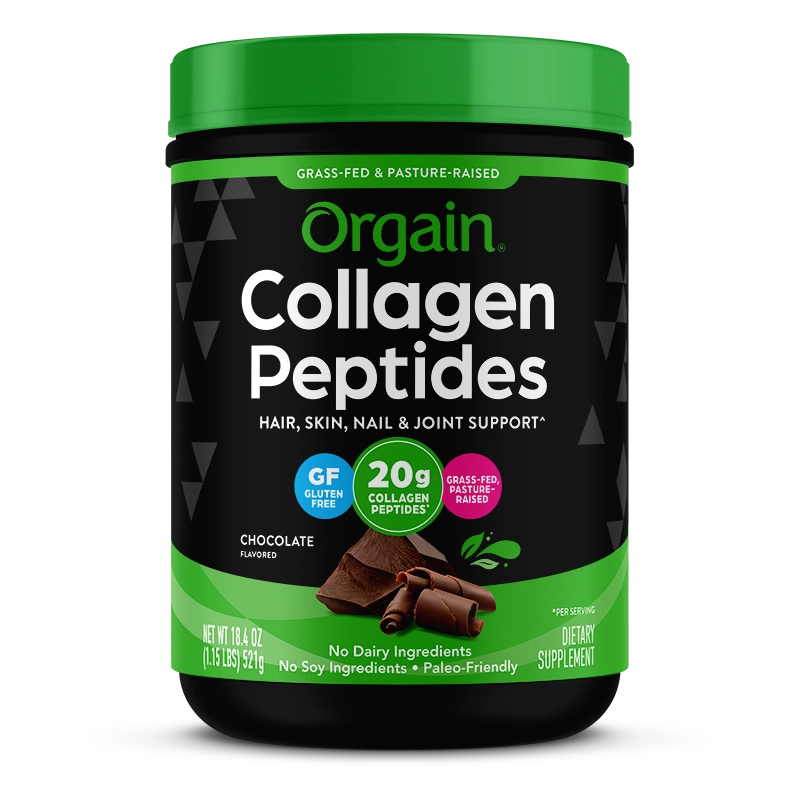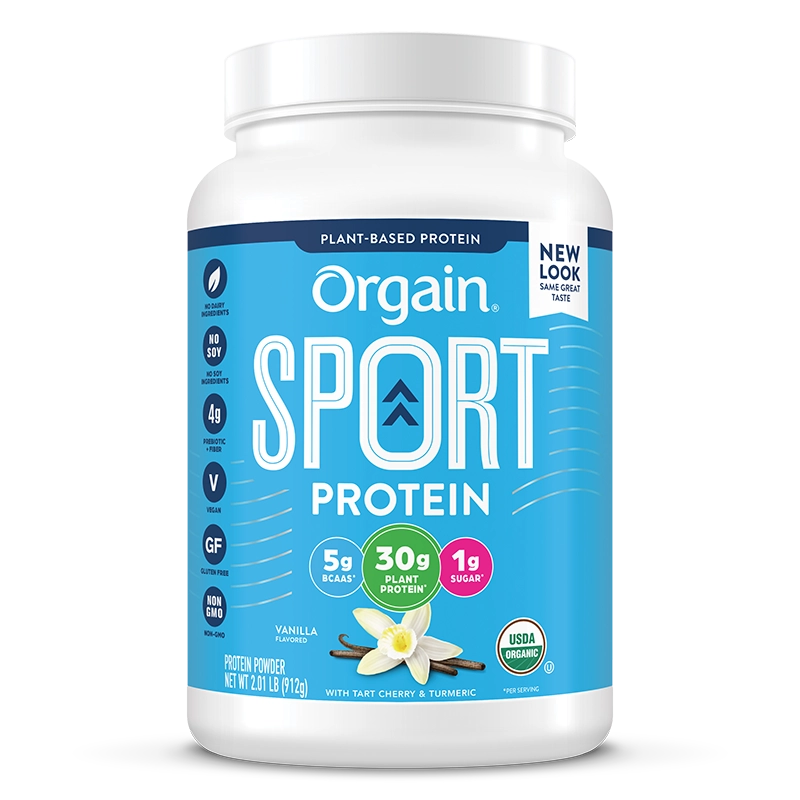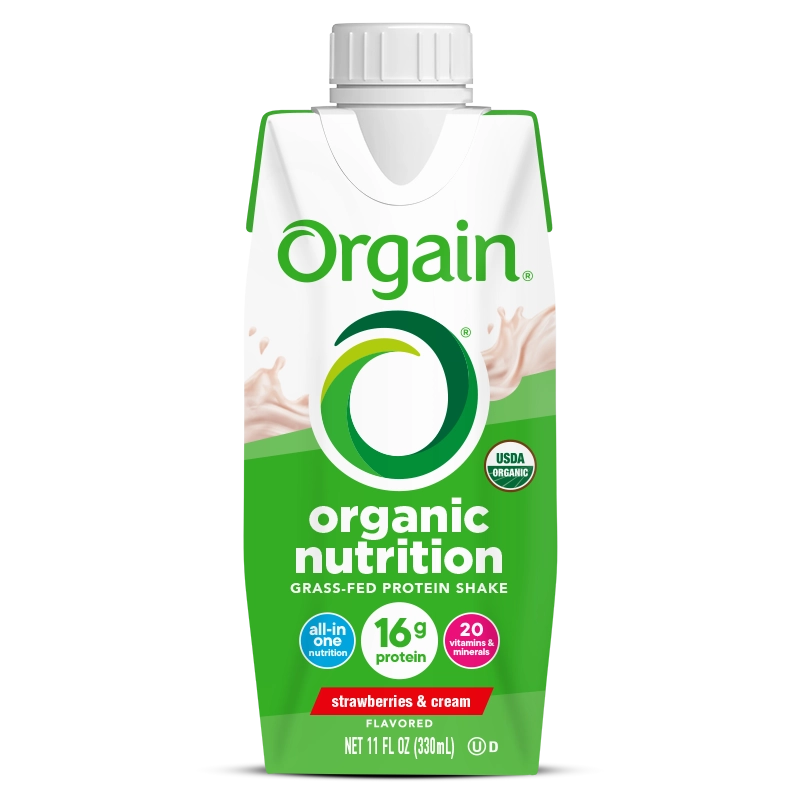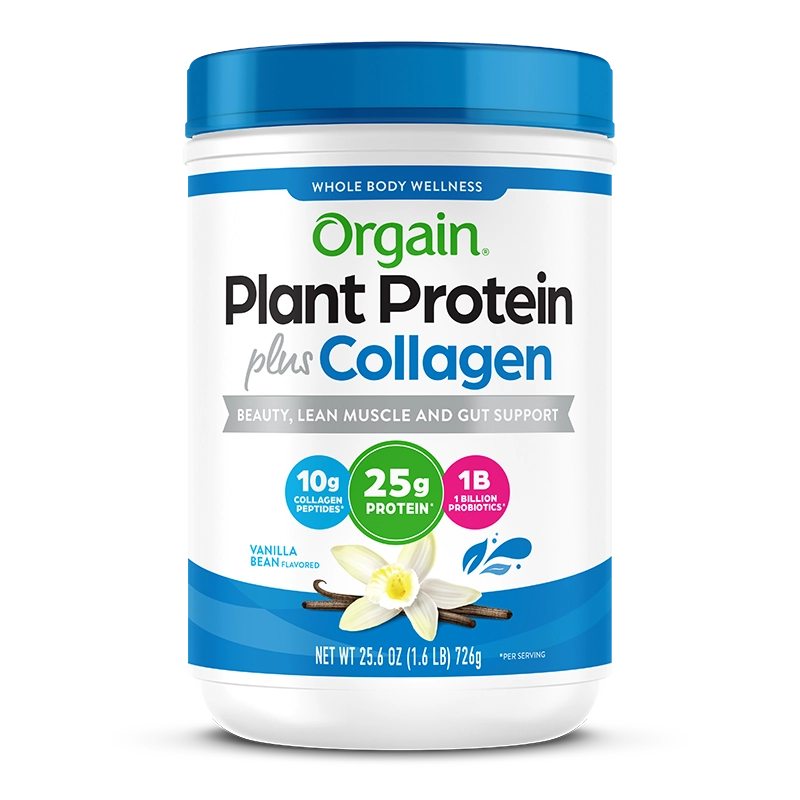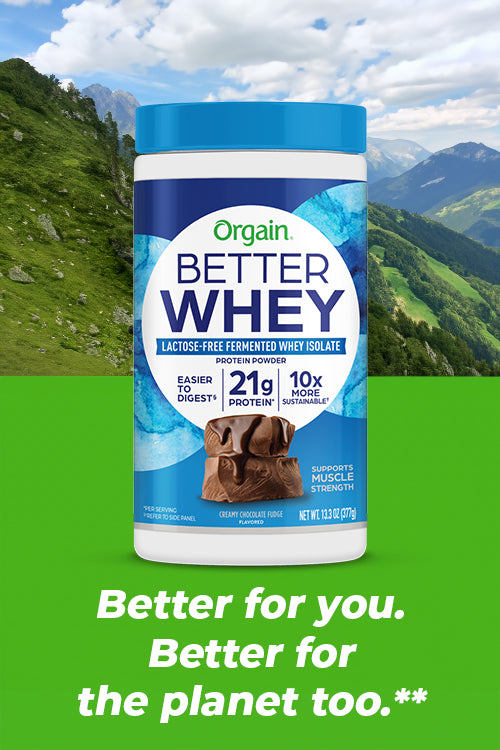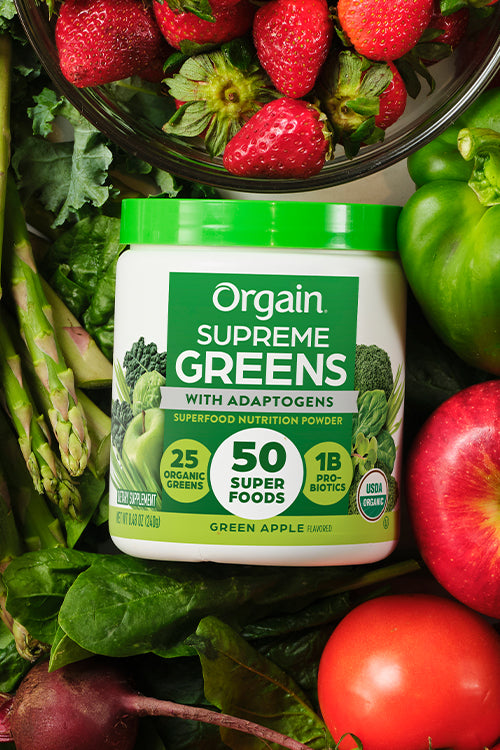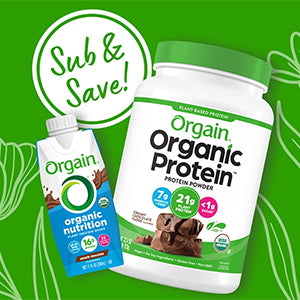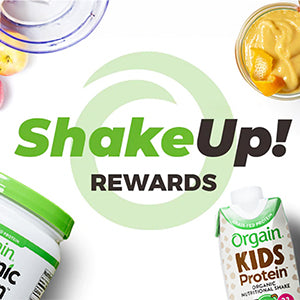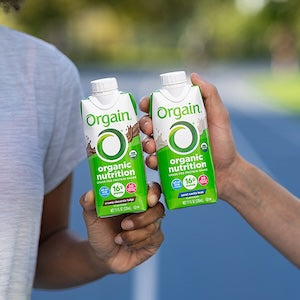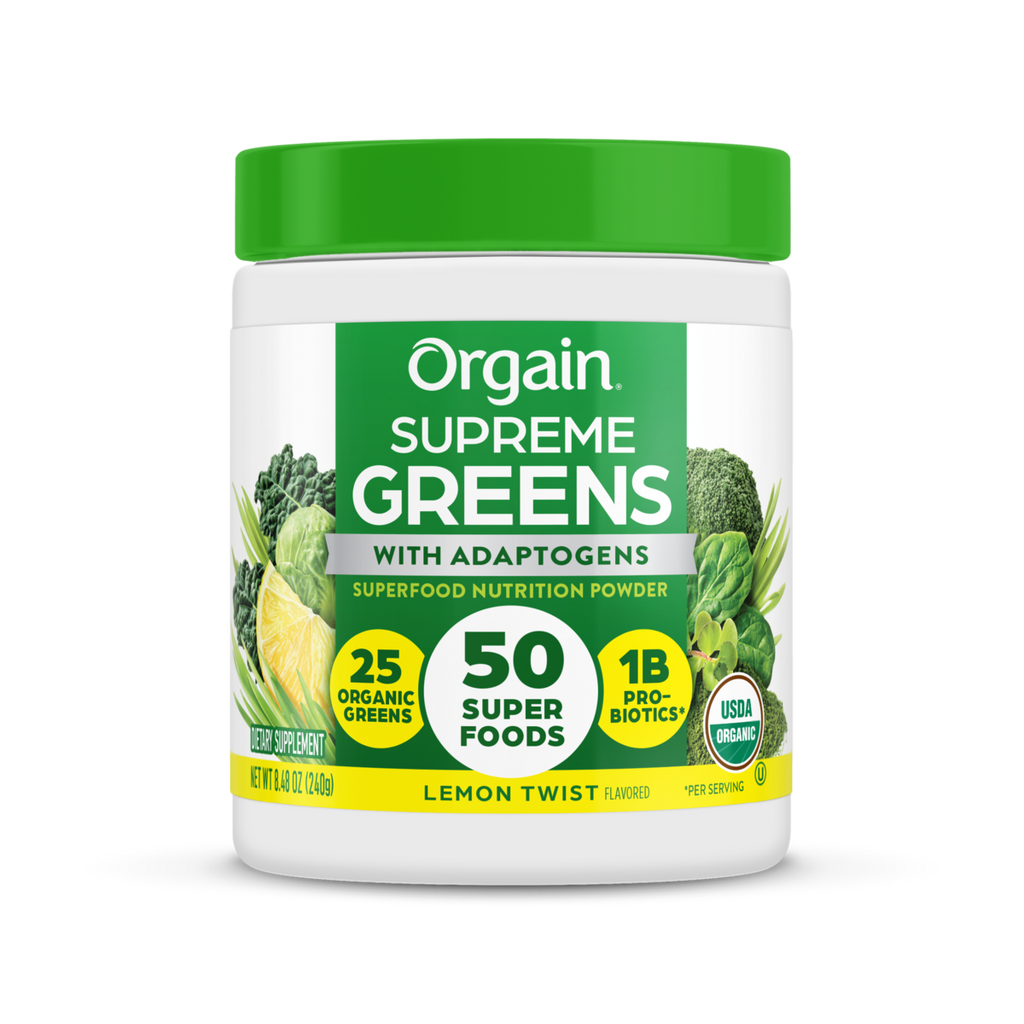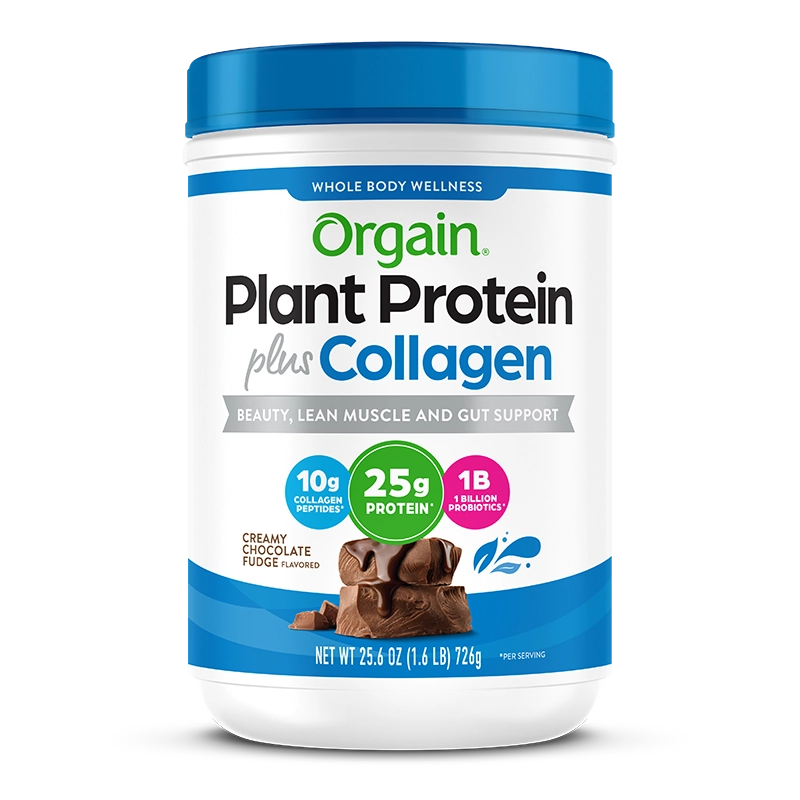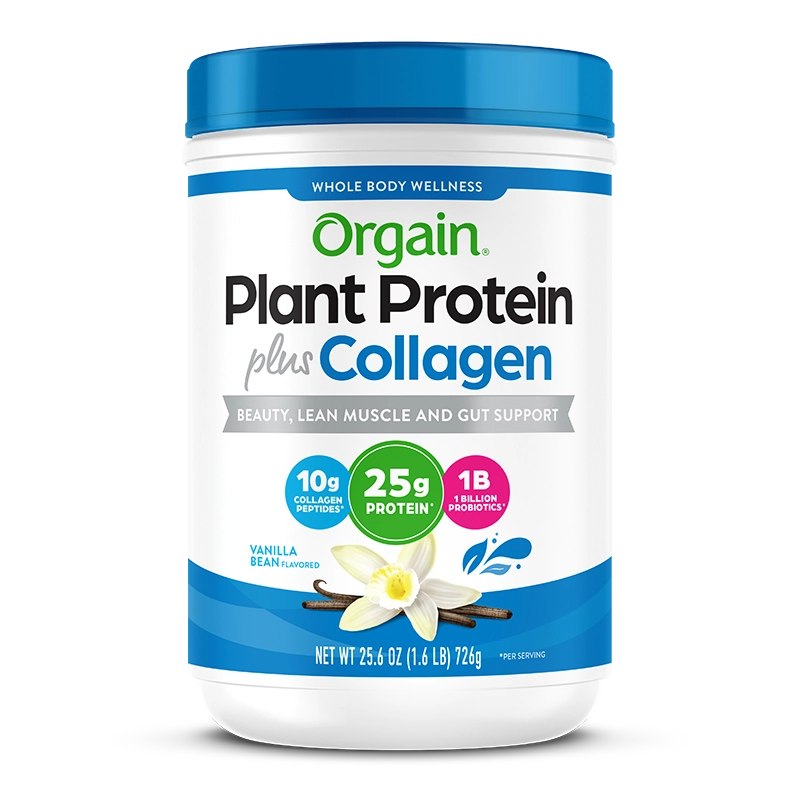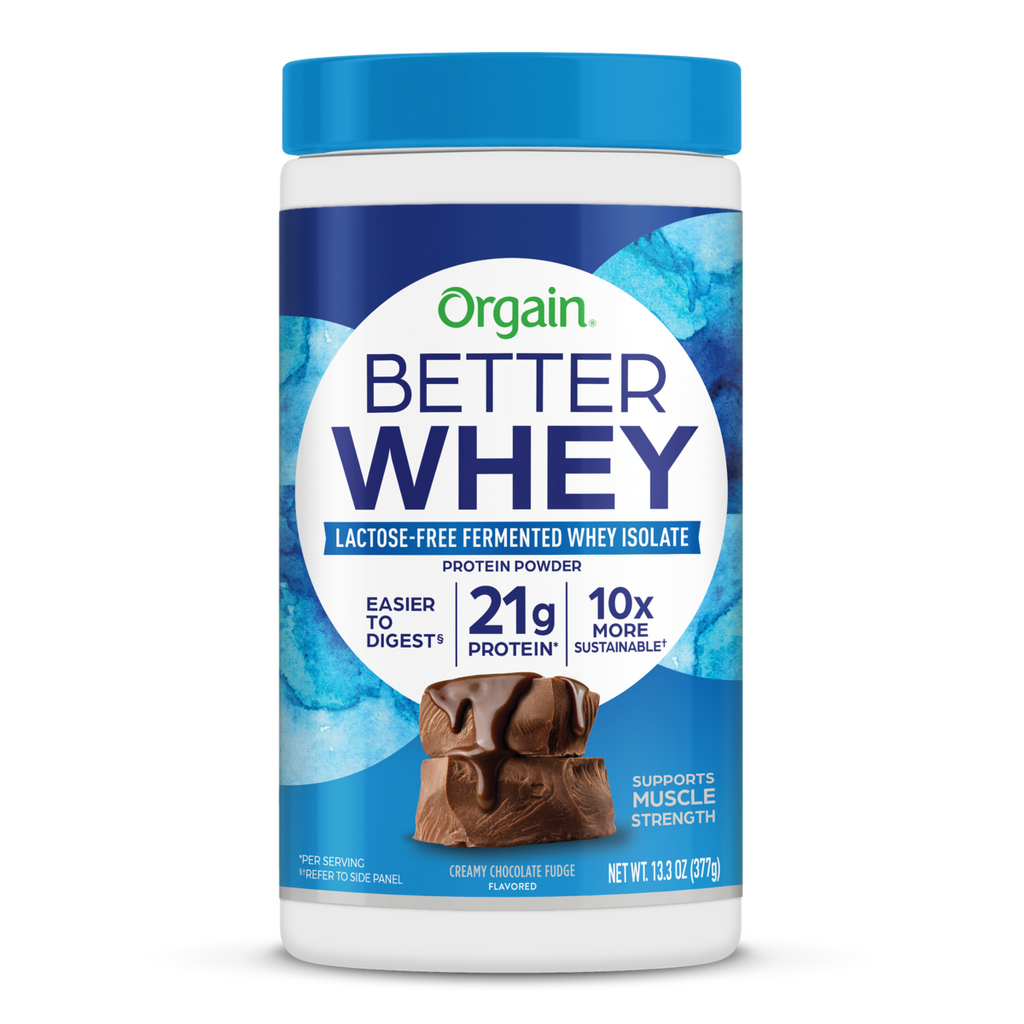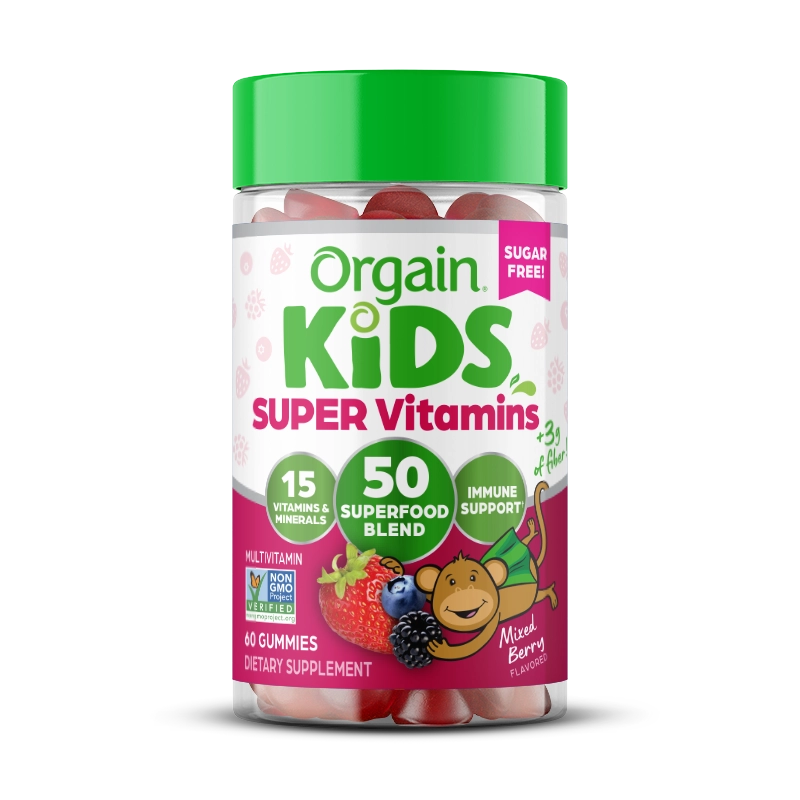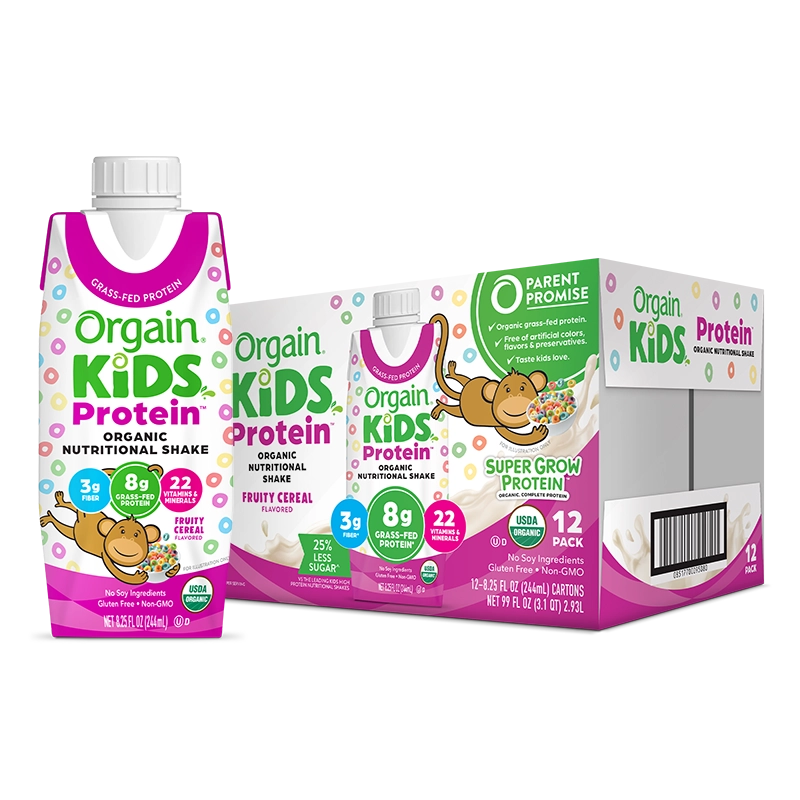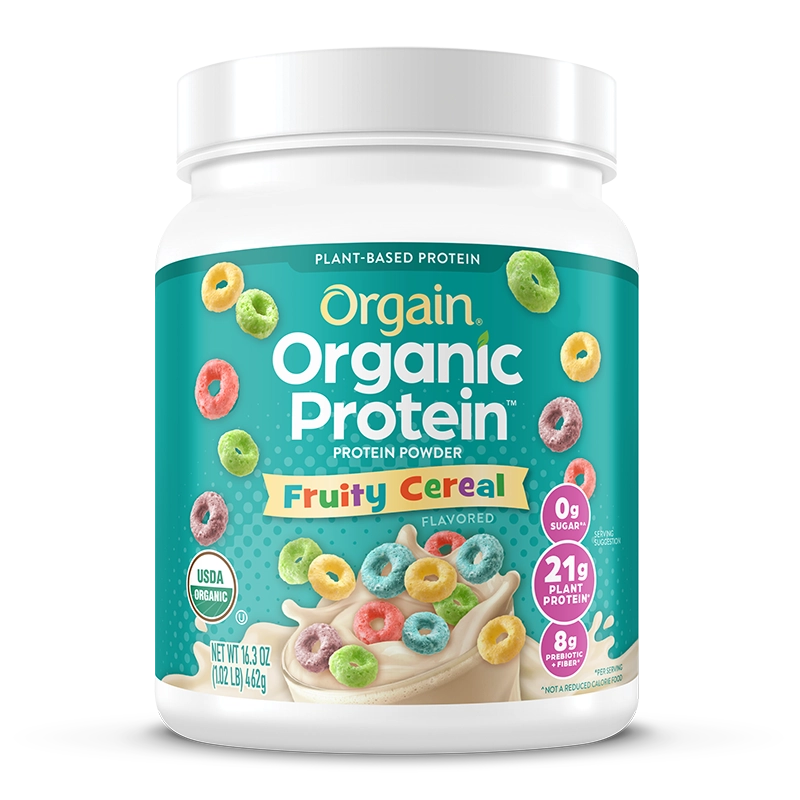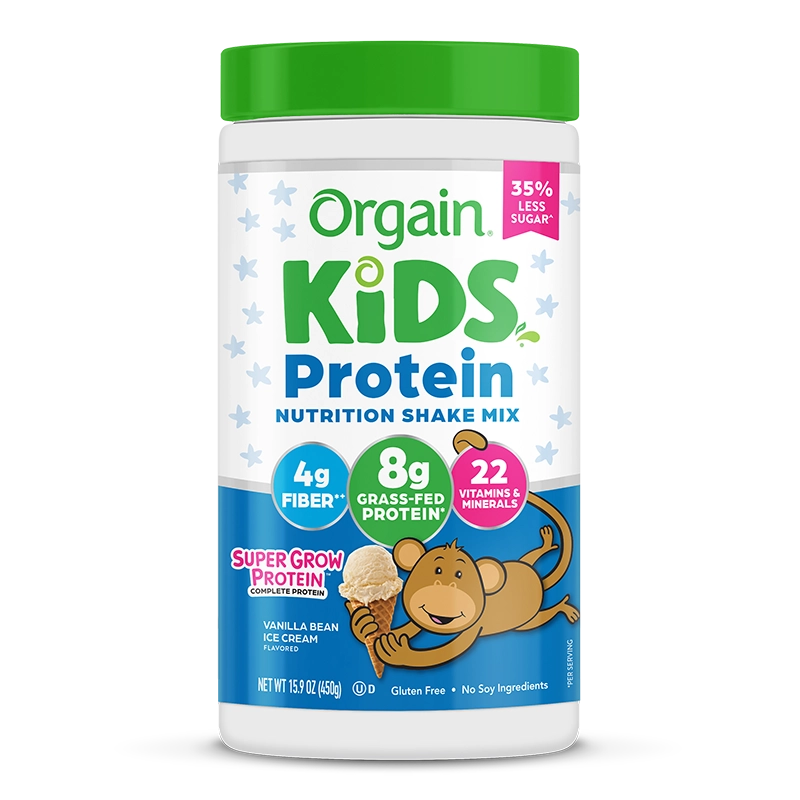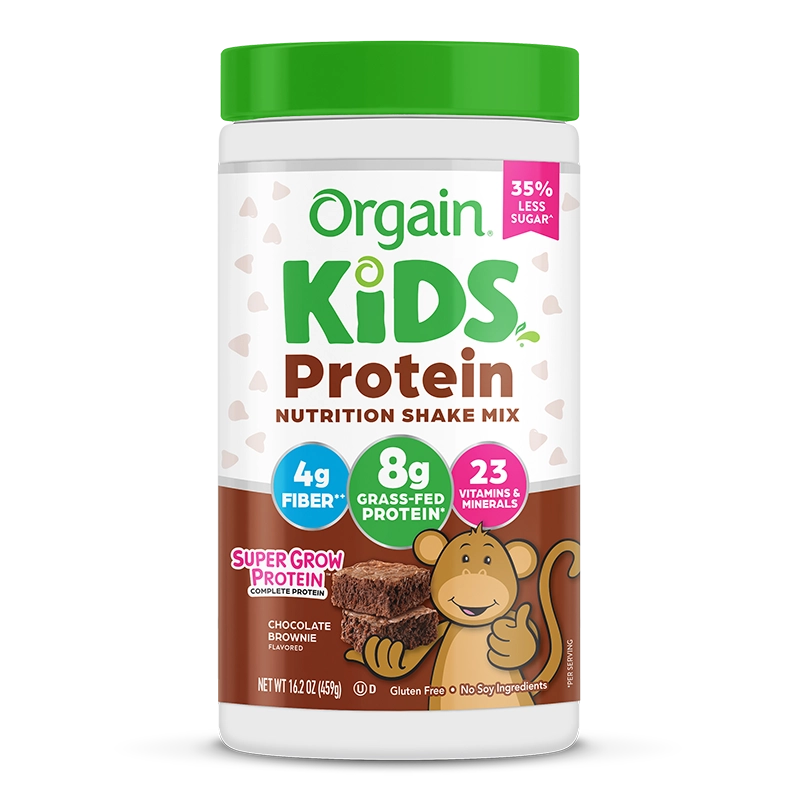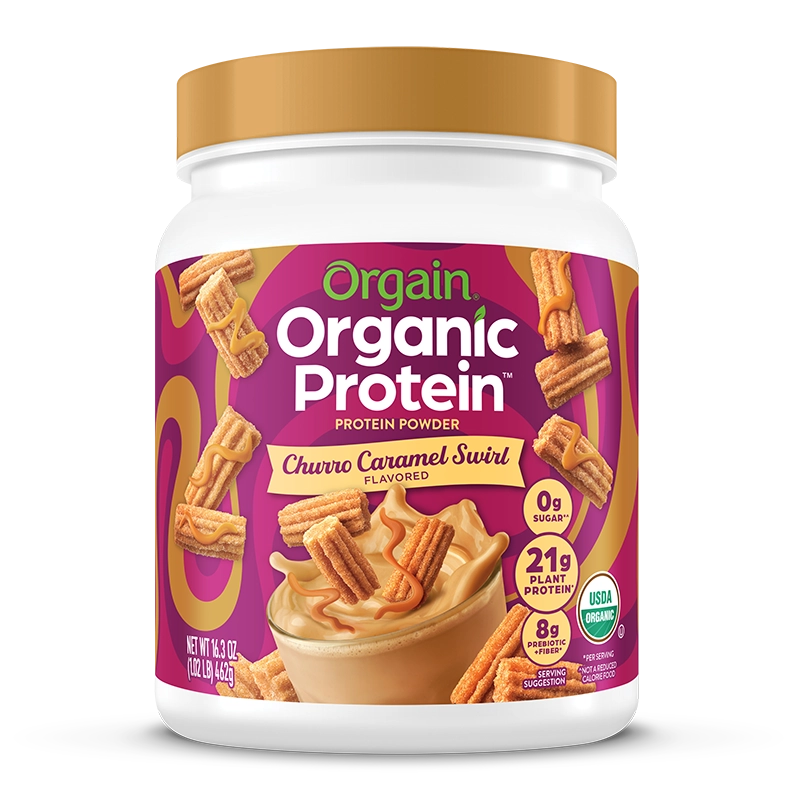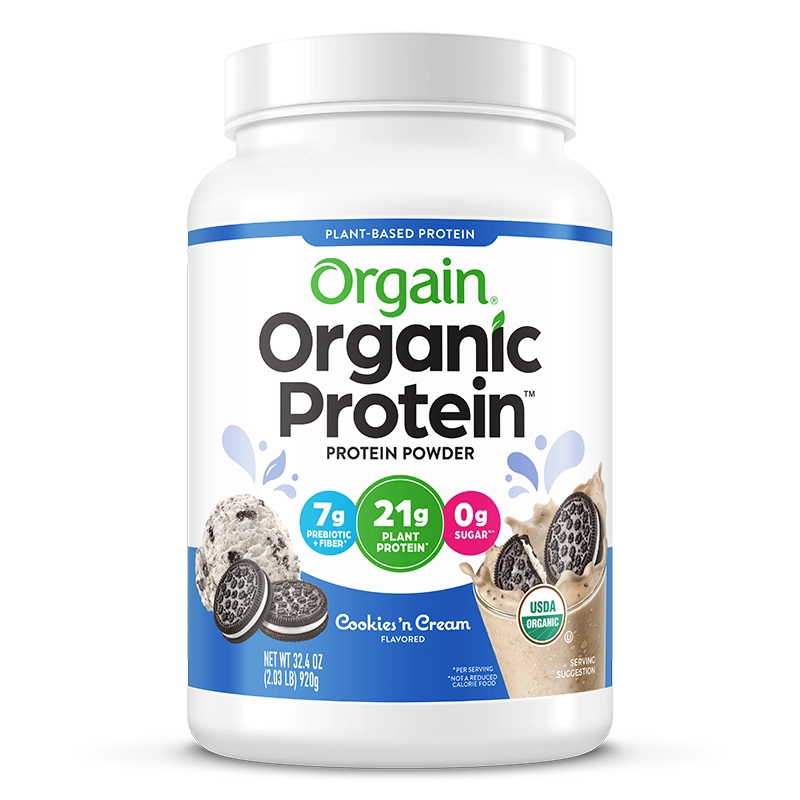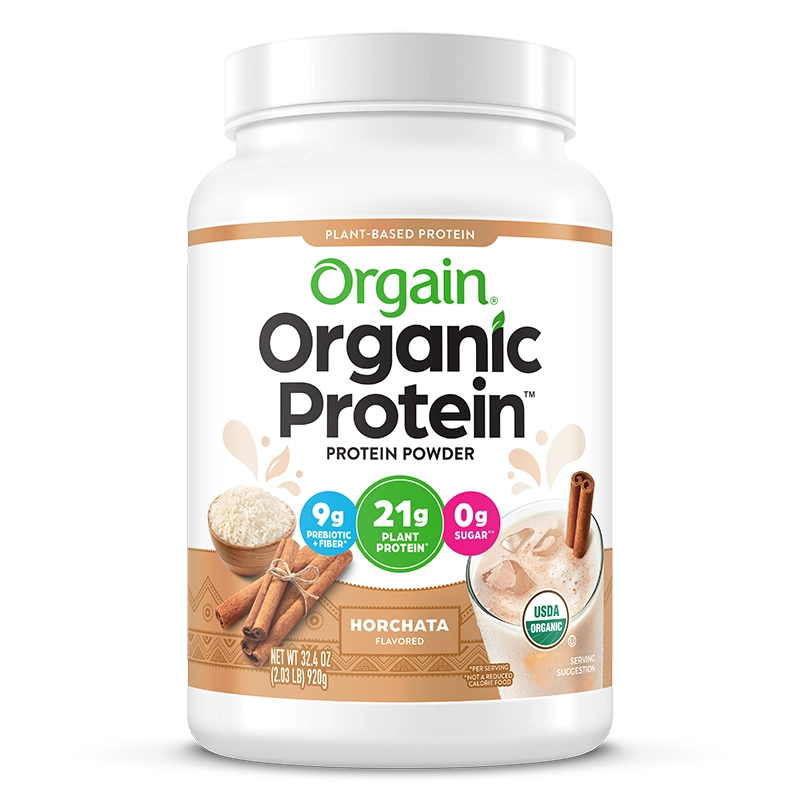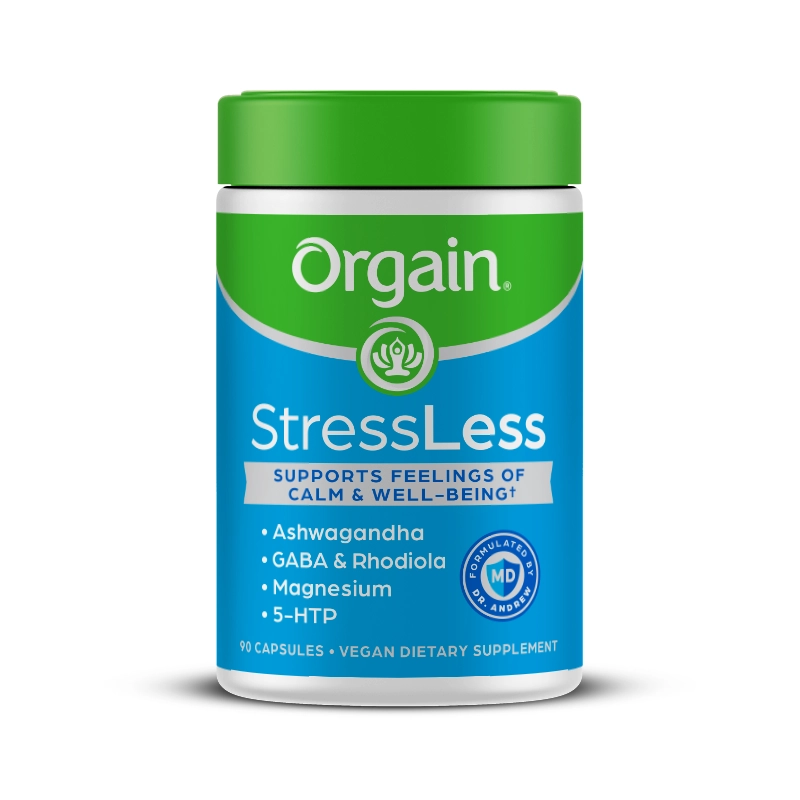After a tough workout, your body needs fuel to recover quickly and help you get stronger. If you’re ravenous after a workout, you might be tempted to grab whatever food is most convenient, but in order to get the most out of your workouts, it’s important to be strategic when choosing your post-workout meal.
Fortunately, fueling up properly after a workout doesn’t have to be complicated. We’ve put together a list of the 12 best meals after a workout.
Why Is It Important To Eat After a Workout?
During a workout, your body is giving its all to help you get stronger. Naturally, there are some physical changes that occur as part of this process.
First, your body uses glycogen, a type of carbohydrate that is the body’s preferred source of fuel, to power high-intensity workouts. Carbohydrates like glycogen provide a quick source of energy that your body can burn quickly to keep you moving.
As a result of the use of glycogen, your muscles start to become depleted of this fuel source. Proteins in the muscles start to break down and become damaged.
After a workout, your body needs to replenish its stores of glycogen and start repairing and regrowing your muscle proteins. In order to do this effectively and help you get stronger, it’s important to fuel your body properly with carbohydrates and protein.
Consuming the right nutrients helps your body:
- Restore muscle glycogen stores
- Support muscle protein growth, helping you build strength
- Minimize further muscle protein breakdown and repair muscles
- Boost recovery
What Does Your Body Need After a Workout?
Your body needs each of the macronutrients (protein, carbohydrates, and fat) in order to properly recover after a workout.
Protein
Protein, like turkey or beef, is one of the most important components of any post-workout meal. Whether you’re a weekend warrior or a seasoned athlete, the proteins in your muscles will break down during a tough gym workout.
In order to allow your body to repair and rebuild the muscle mass, which helps build new muscle tissue, you need to consume enough protein after a workout. If you find you’re not so hungry after a sweat sesh, remember that you can always drink your protein, too!
Studies show that consuming approximately 0.14 to 0.23 grams of protein per pound of body weight within 30 minutes of a workout is ideal for helping your muscles recover and rebuild.
Carbohydrates
In addition to protein to help your muscles rebuild, you also need to consume complex carbs to help restore the glycogen in your muscle tissue. Different types of exercise burn glycogen at different rates, with endurance sports like running or swimming burning more glycogen than resistance training, such as weightlifting.
It’s recommended that you consume anywhere from 0.5 to 0.7 grams of carbs within 30 minutes of your workout in order to replenish the glycogen in your muscles.
Fat
Fat sometimes gets a bad rap when it comes to post-workout nutrition, but studies show that consuming fat as part of your post-workout meal may help promote muscle growth. Consuming some fat with your post-workout meal can also help you to feel more satisfied, preventing you from becoming ravenous later in the day and consuming more food than you intended.
While there is no specific guideline for the amount of fat you should consume after a workout, it’s best to consume only a small amount so as not to negatively affect the absorption of the nutrients in your meal. Avocado, almonds, and almond butter are just a few great options for a post-workout snack that includes the right kinds of fat to support recovery.
What Is the Best Post-Workout Meal?
There are lots of delicious options when it comes to choosing a post-workout meal. The most important thing to consider is trying to stick to a macronutrient ratio of about 3 grams of carbohydrates for every 1 gram of protein. This ratio is considered the ideal way to boost your glycogen stores while also providing enough protein to encourage muscle protein synthesis.
No one post-workout meal is right for everyone, but there are plenty of options with the desired ratio of protein and carbohydrates.
Post workout meal options include:
- Protein shake blended with 2 scoops of protein powder, half a banana for carbohydrates, frozen fruit, and ice. Up your intake of healthy fats by adding a tablespoon of your favorite nut butter.
- Protein pancakes or waffles made with protein powder or protein pancake mix
- Brown rice, grilled chicken breast, and roasted broccoli
- Four ounces of albacore tuna on a slice of whole-grain toast
- Non-fat Greek yogurt with a banana or half a cup of berries and coconut
- Peanut butter and jelly sandwich on whole grain bread
- Chili with sweet potatoes or beans
- Oatmeal with protein powder, nut butter, and banana
- Egg scramble with eggs, sweet potatoes, and vegetables
- Three ounces of grilled salmon with a side of brown rice or sweet potato
- Rice crackers or whole-grain crackers with peanut butter
- Power bowl made with quinoa, sweet potatoes, nuts of choice, and cheese
What Else Should I Do To Recover After a Workout?
Getting the right nutrients shortly after your workout is one of the most important things you can do to support a quick recovery. However, it’s also important to take care of your body in other ways.
The fluids and electrolytes you sweat out during a workout also need to be replaced. One way to keep up with the amount of fluids you need to take in after a workout is to weigh yourself right before and right after a workout. Then, drink 16 to 24 ounces of fluid (2 to 3 cups) for every pound of body weight lost during your workout.
It’s also important that you replenish the electrolytes your body loses through sweat, including sodium and potassium. Electrolytes are critical for regulating the levels of hydration in your body, and they also play an important role in maintaining muscle function. Electrolytes are found naturally in many of the foods we eat, but if you need a boost, a sports recovery drink can also provide many of the electrolytes you need after a workout.
Finally, make sure to get a good night’s sleep after a workout and space out your workouts appropriately. Your body needs this time to recover and repair the damaged muscle fibers and rebuild muscle mass so that you come back stronger. While it can be tempting to push your body in hard workouts every day, allowing an adequate amount of time for recovery is important for building strength and endurance, preventing overuse injuries, and avoiding burnout.
Summary
Fueling up properly after a workout doesn’t have to be complicated. Make sure you choose a post-workout meal that contains carbohydrates, protein, and fat in the right ratio to help your body recover quickly (ideally 3 grams of carbohydrates for every 1 gram of protein and a limited amount of fat.
Protein powder is a versatile ingredient that can be added to smoothies, pancakes, oatmeal, and other recipes to boost your protein intake and help you recover quickly while building muscle and boosting your glycogen stores.
Looking for keto-friendly protein options? Explore Orgain’s keto protein powders here!
Disclaimer: This is for informational purposes only and is not intended as individual or specific medical advice, nor is it intended to replace advice by your qualified healthcare provider. We strongly encourage consulting with a qualified healthcare provider about your interest in, questions about, or use of dietary supplements and what may be best for your overall health.
Sources:
